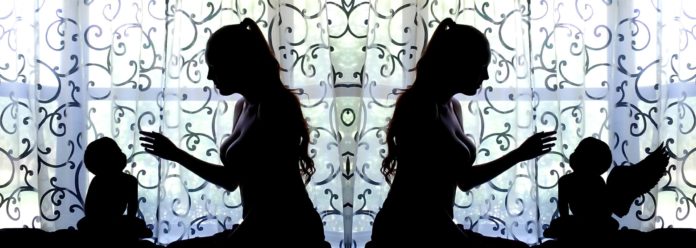After a pregnancy loss, women who have higher levels of vitamin D are more likely to get pregnant and have a live birth
Vitamin D may be the key to having a healthy baby – especially after a miscarriage.
A study in The Lancet Diabetes & Endocrinology has found that following a pregnancy loss, women with sufficient levels of vitamin D are more likely to become pregnant and deliver successfully. It was done by researchers at National Institutes of Health.
“Our findings suggest that vitamin D may play a protective role in pregnancy,” said the study’s principal investigator Sunni L. Mumford, Ph.D., in the Epidemiology Branch of the Eunice Kennedy Shriver National Institute of Child Health and Human Development (NICHD).
The authors note that a few studies have shown that women who have higher levels of vitamin D before undergoing in vitro fertilization have higher pregnancy rates. However, little research has been done on pregnancy rates and pregnancy loss in women attempting to conceive without assisted reproductive technologies.
The researchers analyzed data collected as part of the Effects of Aspirin in Gestation and Reproduction (EAGeR) trial, which sought to determine if daily low-dose aspirin (81 milligrams) could prevent miscarriage in women with a history of pregnancy loss. Blood levels of vitamin D were tested for roughly 1,200 women before pregnancy and again at the eighth week of pregnancy. Researchers defined a vitamin D level of below 30 nanograms per milliliter as insufficient.
Women who had sufficient preconception vitamin D concentrations were 10 percent more likely to become pregnant and 15 percent more likely to have a live birth. Among women who became pregnant, each 10 nanogram per milliliter increase in preconception vitamin D was associated with a 12-percent lower risk of pregnancy loss. Vitamin D levels in the eighth week of pregnancy were not linked to pregnancy loss.
The authors note that the study does not prove cause and effect. Additional studies are needed to determine whether providing vitamin D to women at risk for pregnancy loss could increase their chances for pregnancy and live birth.



Thanks , I have just been looking for information about this subject for a while and yours is the greatest I have
discovered till now. But, what concerning the conclusion? Are you positive concerning the
source?
Hiya! I just wish to give a huge thumbs up for the great data you’ve gotten here on this post. I shall be coming back to your weblog for more soon.